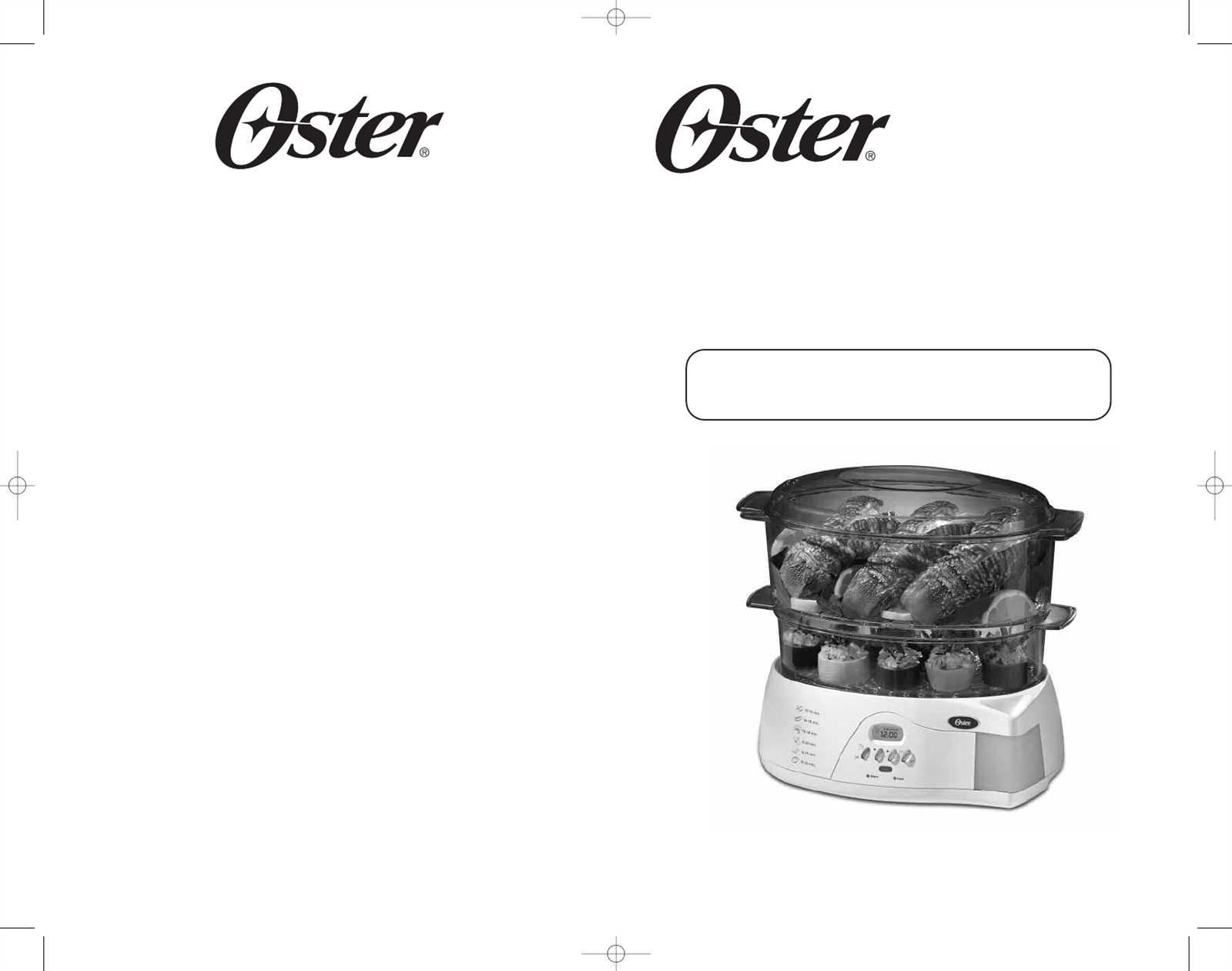
Understanding how to properly operate and maintain your kitchen appliance is crucial for achieving the best results in your culinary endeavors. This section will guide you through the essential steps and tips to ensure that you are making the most out of your equipment. By following the advice provided here, you can maximize the efficiency and longevity of your device.
Whether you are a seasoned cook or a beginner in the kitchen, this guide will offer valuable insights into the correct usage and upkeep of your equipment. Learn how to optimize its performance, maintain its cleanliness, and address common issues that may arise during regular use. This knowledge will help you achieve consistent results and keep your device in optimal condition for years to come.
Setting Up Your Oster Steamer
Before diving into your culinary adventure, it’s crucial to ensure that your kitchen device is properly prepared for its first use. This section will guide you through the necessary steps to get everything ready, so you can start cooking with confidence. Proper setup will guarantee optimal performance and longevity of your appliance.
Unboxing and Initial Preparations

Carefully remove the contents from the packaging, ensuring all components are present. Place the device on a stable, flat surface in your kitchen. It’s important to clean the water reservoir and the main unit with a damp cloth to remove any dust or residues from the manufacturing process. Allow all parts to dry completely before assembly.
Assembly and First-Time Setup
Begin by assembling the individual components according to the diagram provided in the materials. Ensure each part is securely fitted. Fill the water compartment with the recommended amount of water. Plug the unit into a power source and switch it on. Allow the device to run for a few minutes to eliminate any initial odors. Once completed, your equipment is ready for daily use.
Operating Your Appliance Safely

Ensuring the secure operation of your kitchen equipment is essential to maintaining a safe cooking environment. Proper handling, understanding the operational procedures, and taking the necessary precautions will help prevent accidents and ensure long-term reliability.
Understanding the Controls
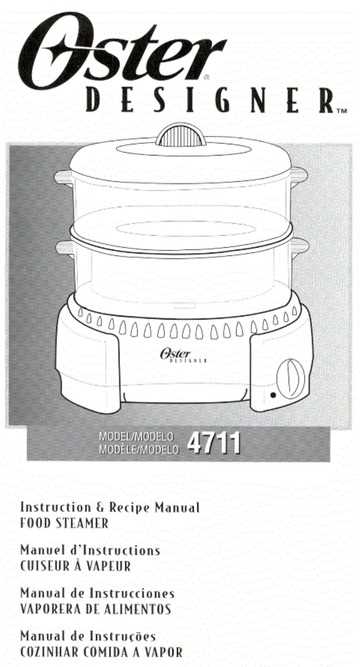
Familiarize yourself with the various settings and features of your kitchen tool. Knowing how to correctly adjust the controls not only optimizes performance but also enhances safety during use. Always start with the recommended settings and make adjustments as needed based on the specific task.
Preventing Hazards
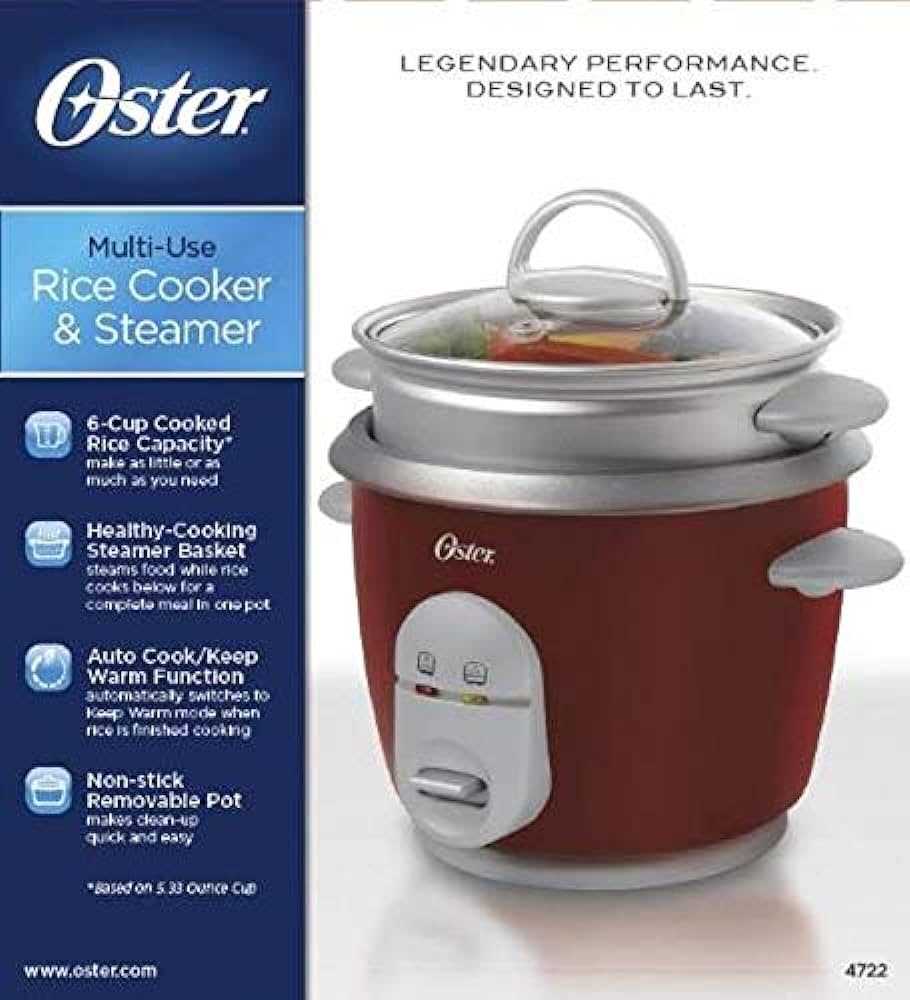
To minimize the risk of injury, always place the device on a stable, heat-resistant surface before use. Keep the appliance and its cord away from water or other liquids to avoid electrical hazards. Regularly inspect the equipment for any signs of damage, and discontinue use if any issues are detected.
Cleaning and Maintaining the Steamer
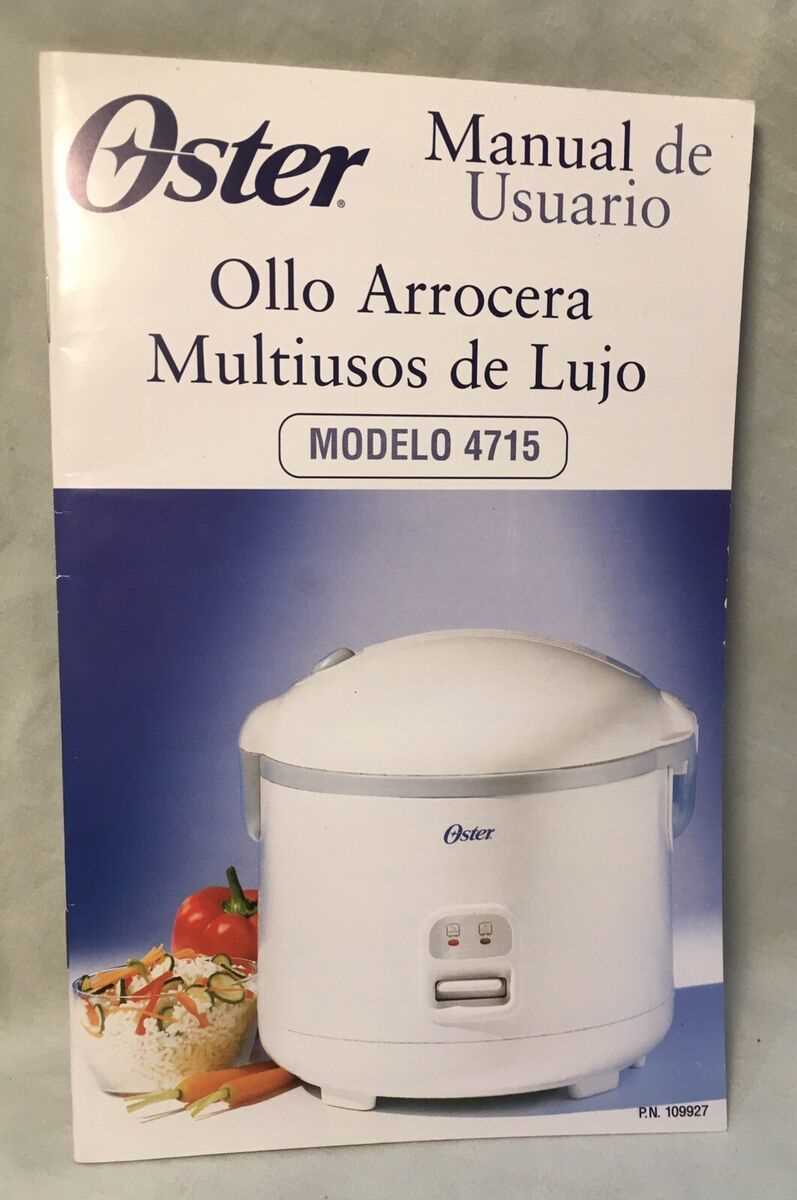
Regular upkeep is essential for ensuring the longevity and performance of your kitchen appliance. Proper care not only extends the life of the device but also maintains the quality of the results you achieve with it. This section will guide you through the necessary steps to keep your equipment in top condition, ensuring it continues to operate efficiently.
Daily Maintenance
After each use, it’s important to clean the interior and exterior surfaces thoroughly. Allow the device to cool completely before wiping down the surfaces with a damp cloth. Pay special attention to any residues that may have accumulated, as these can affect the performance if left unchecked. Make sure to dry all components completely to prevent moisture buildup, which could lead to issues over time.
Deep Cleaning and Descaling
In addition to daily upkeep, periodic deep cleaning is necessary to remove any buildup that may not be visible. Depending on how frequently the appliance is used, consider performing a more thorough cleaning at least once a month. Descaling may also be required to eliminate any mineral deposits, particularly if you live in an area with hard water. Use a mixture of water and a suitable cleaning solution to descale, following the recommended process to ensure thorough cleansing.
Tips for Efficient Steaming
Achieving the best results requires a few key practices. By following these guidelines, you can ensure that your food is cooked evenly and retains its natural flavors. Proper preparation and attention to detail will help you maximize the benefits of this cooking method.
Preparation is Key
Before beginning, make sure all ingredients are cut to similar sizes to promote uniform cooking. Thoroughly wash vegetables to remove any dirt or residue, and pat them dry to avoid excess moisture during the process. Properly preparing your ingredients will significantly improve the outcome.
Maintain the Right Temperature
It’s essential to monitor the heat to prevent overcooking. Start with a medium heat setting, and adjust as needed based on the type of food being prepared. Maintaining a consistent temperature ensures that your dishes are cooked to perfection without losing their nutritional value.
Understanding the Appliance’s Features
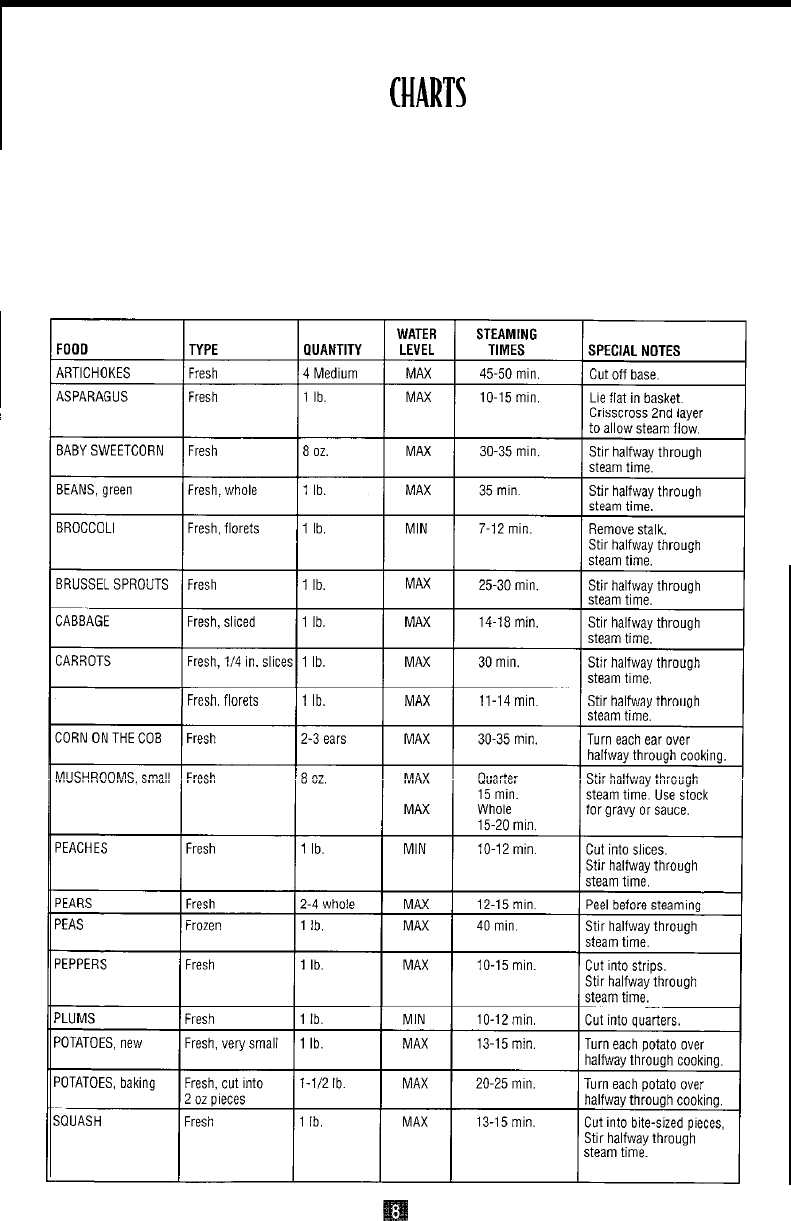
Delving into the various functionalities of this kitchen device allows you to maximize its efficiency and enjoy the full range of its capabilities. By familiarizing yourself with each component and its role, you can better understand how to utilize the device for different culinary tasks, ensuring optimal results every time.
| Feature | Description |
|---|---|
| Control Panel | A user-friendly interface that allows for easy adjustments to settings, ensuring precise control over the cooking process. |
| Water Reservoir | An easily accessible compartment that holds water for generating steam, essential for the device’s operation. |
| Cooking Compartments | Multiple sections designed to accommodate various types of food, providing flexibility and convenience in meal preparation. |
| Safety Features | Built-in mechanisms to ensure safe usage, including automatic shut-off and overheat protection. |
Troubleshooting Common Issues
When using your cooking appliance, you might encounter some common problems. This section aims to provide helpful solutions for frequent difficulties that users may experience. By following these guidelines, you can address and resolve issues efficiently, ensuring optimal performance of your device.
Device Not Heating Up
If the appliance does not generate heat, check if it is properly plugged in and the power outlet is functioning. Ensure that the water reservoir is filled to the recommended level and that there are no blockages in the steam vents. If the problem persists, inspect the heating element for any visible damage or consult a technician for further assistance.
Excessive Steam Leakage
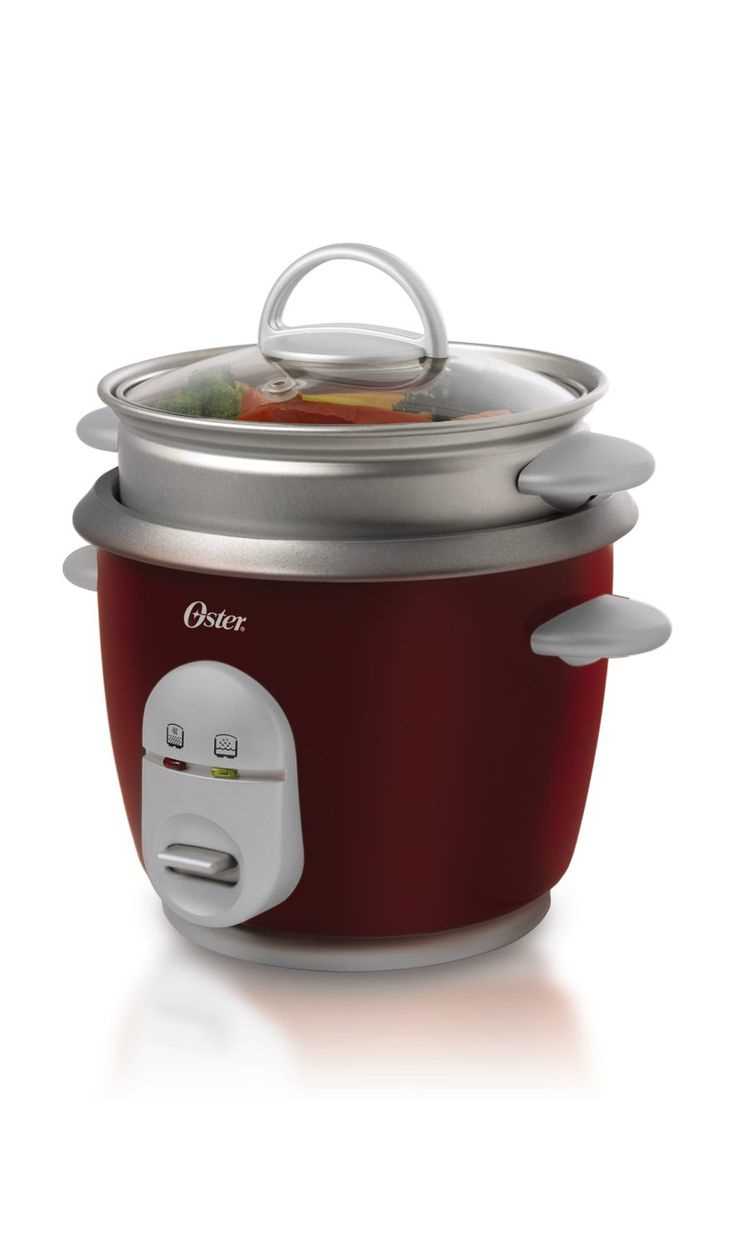
In case of steam leakage, verify that all components are securely assembled and properly aligned. Check the seal or gasket for wear and tear, as it may need replacement. Ensure that the water level does not exceed the maximum limit, as overfilling can cause excessive steam escape. Cleaning the appliance regularly can also help prevent such issues.